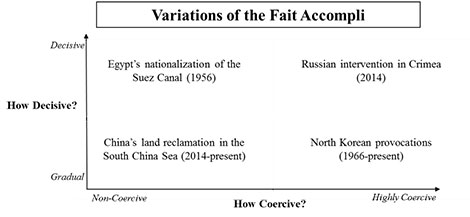
This article was originally published by the NATO Defense College on 22 January 2020.
In the Declaration that emerged from the December 2019 London Leaders Meeting, NATO Secretary General Jens Stoltenberg was tasked to present Foreign Ministers with “a forward-looking reflection process under his auspices, drawing on relevant expertise, to further strengthen NATO’s political dimension including consultation”.1 This new tasking has been largely attributed to French President Emmanuel Macron’s remark the previous month that the Alliance was suffering from “brain death”.2 Speaking at a press conference alongside Stoltenberg, Macron elaborated on his comment, complaining the Alliance was overly focused on “cost-sharing or burden-sharing” whereas too little attention was being placed on major policy issues such as “peace in Europe, the post-INF, the relationship with Russia, the issue of Turkey, who is the enemy?”3




